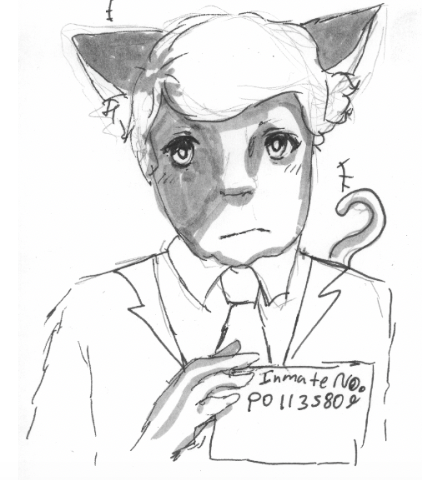A Call For the Wild: Exotic Pets
Exotic Pets
May 15, 2017
Imagine growing up and having to live in the same house, with the same people for 15 years. Then one day you’re taken to another house, a whole new environment, and you are limited to doing certain things. You can’t go outside, you don’t get to choose when or what you want to eat, you don’t get to ask for anything, and there are much more restrictions. This is the epitome of what the case becomes for many exotic pets that people choose to raise.
It occurs far too often despite it being illegal in a various places. If it is cruel to do such a thing to a human, then why isn’t it the same for when a baby lion, an adult tiger, etc. is taken into captivity. People need to realize exotic animals aren’t pets, and the need for something to be done about it is paramount. One of the most colossal and discussed misconceptions that individuals who want exotic animals believe, is that if they nurture this foreign creature from birth, that it will lose its natural instinct since it has only seen human care.
This is untrue. In my opinion it is close to impossible for these animals to lose their sense of the “wild”; they will continue to run, hunt, and mate if possible. Trying to nurture these exotic animals puts them at a disadvantage as they are not domesticated, but rather have been rendered to being dependent on humans for food. Domestication is not an instantaneous process and can only occur after generations of selective breeding. Household pets such as dogs, have been domesticated for over 30,000 years; cats have been domesticated for over 5,000 years. Despite the length of time, both of these tamed pets still show traces of a feral past in how they act and can be potentially dangerous.
Trying to domesticate an exotic animal would take thousands of years to complete and would also take the species chosen entirely out of the natural ecosystem. Is this really something we want to mess with just so we can have another pet? Exotic animals don’t belong in the hands of private individuals, as they can be dangerous to us humans without even attempting to be so. Regardless of the reasons, even educational, the captivation of exotic animals should be limited and kept to trained professionals and specialists as they can provide the necessary space and care for these creatures. Let them be wild.



